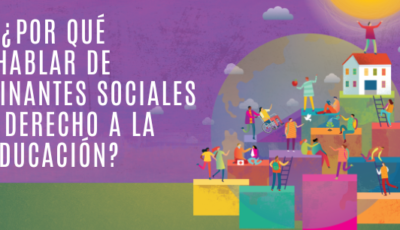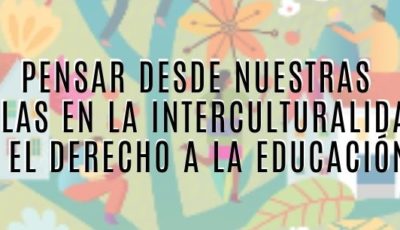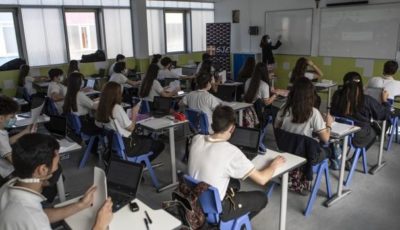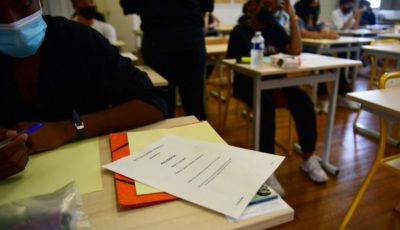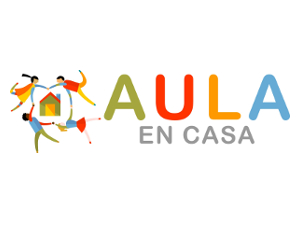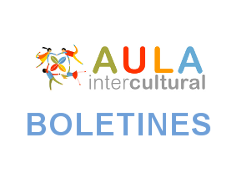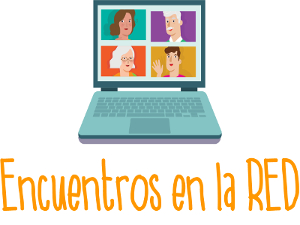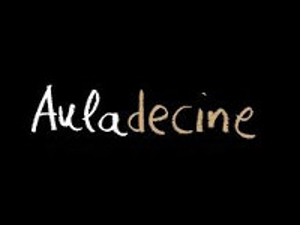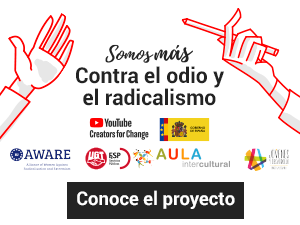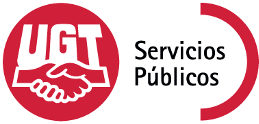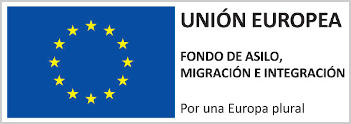Guide for working with roma families towards achieving the succes of their children in school. A transnational methodological proposal for professionals
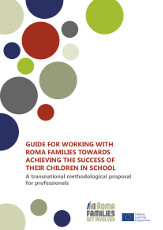 Fundación Secretariado Gitano
Fundación Secretariado Gitano
Project coordination, drafting and final editing: Fundación Secretariado Gitano Carmen Arbex, Mónica Chamorro, Almudena de Silva, Marta Hernández and Belén Sánchez-Rubio
Collaborators:
Bulgaria: Lilyana Kovatcheva (Centre for Educational Integration of Children and Students of Ethnic Minorities/Ministry of Education, Youth and Science), Milen Milanov and Monica Rossi (Roma Education Fund, Switzerland).
Hungary: Béla Lakatos (Ács Town), Nikoletta Olah (Roma Education Fund, Hungary), Municipality of Hódmezővásárhely (not formal partner, collaborating entity with expert).
Romania: Cristina Jitariu (Fundaţia Roma Education Fund), Adrian Marin (Fundaţia Secretariatul Romilor), Viorica Preda (Ministry of National Education).
Spain: Natalia Gil and Monserrat Grañeras (National Centre of Educational Innovation and Research/ Ministry of Education, Culture and Sport).
The involvement of the family in the education of children has been found to be critical to educational success. Given the particularly important role of the family and the community in the Roma context, it is essential to increase the awareness of Roma families regarding the consequences of early school leaving for their children in terms of their personal development as well as their social and economic integration for the future. It is especially relevant to work with Roma families the permanence in the educational system of the Roma girls, who are most affected by the high early school leaving rates.
This guide pretends to contribute to improving the educational situation of Roma across Europe by engaging Roma parents more actively. To this end, the project has created from a transnational perspective, a practical methodological guide to help professionals working on the ground to involve Roma families in the educational processes of their children.
0. Presentation………………………………………….. 5
1. Introduction to and objectives of the methodological guide…….. 6
1.1. General objective ………………………………….. 7
1.2. Specific objectives …………………………………. 7
2. Target audience of the guide …………………………….. 8
3. Structure of the guide ………………………………….. 9
4. Relevant factors of the educational systems and the Roma community………………………………. 11
4.1. Social, economic and labour situation …………………. 12
4.2. Education……………………………………….. 13
5. Theoretical models that support the methodological proposal for the intervention with Roma families in the school setting ………………………………….. 17
5.1. The Systemic approach adapted to families …………….. 19
5.2. The Empowerment model of families………………….. 23
5.3. Appreciative intervention based on the Constructionism theory ………………………. 25
6. Methodological tool for the intervention with Roma families in the school setting …………………… 27
6.1. Analysing reality and disseminating the program ………… 29
6.2. Attracting and recruiting families and partners …………………………………….. 35
6.3. Creating a bond ………………………………….. 48
6.4. Initial assessment ………………………………… 61
6.5. Designing a family work plan (FWP) and creating an alliance ……………………………. 69
6.6. Implementation of the actions foreseen in the Family Work Plan (FWP)……………………….. 81
6.7. Follow-up and assesment of the intervention ……………………………….. 91
7. Recommended attitudes and competencies for professionals…..113

